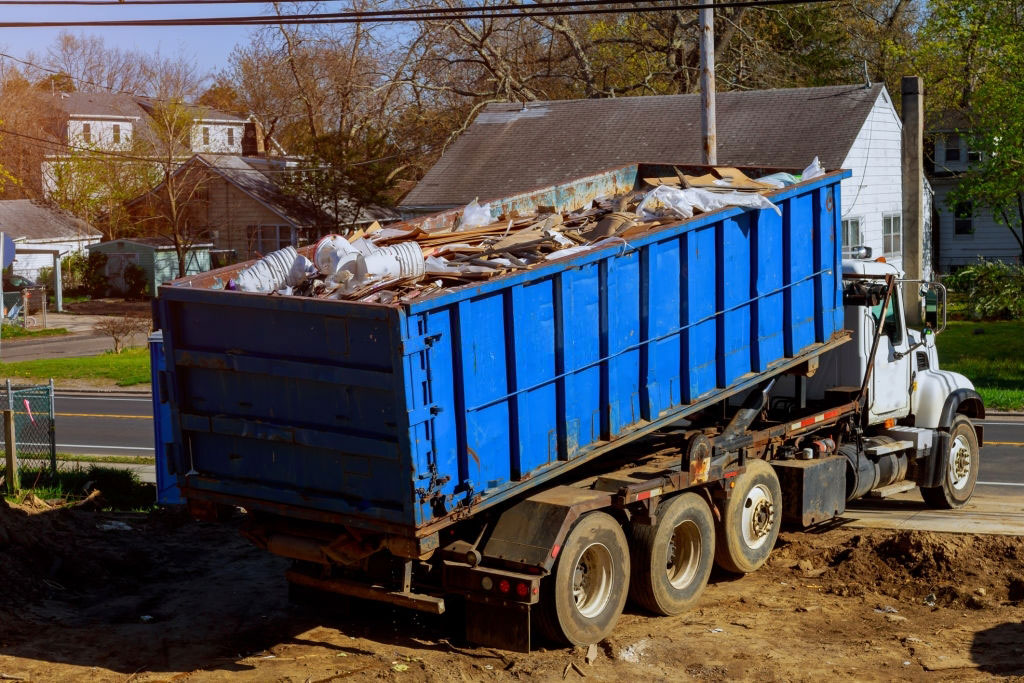Junk removal is a process that involves getting rid of unwanted items from homes, offices, or any other property. Whether you are decluttering your space, moving to a new location, or renovating your property, junk removal must be handled with care. However, many people make common mistakes during the junk removal process, leading to unnecessary stress, wasted time, and even financial loss. This article will discuss some of these common mistakes and provide tips on avoiding them.

One common mistake people make when handling junk removal is not having a plan. Before you start the junk removal process, it is crucial to have a clear plan of action. This includes determining what items need to be removed, how they will be disposed of, and who will be responsible for the removal. A plan will help you stay organized and ensure the junk removal process goes smoothly.
Another mistake to avoid is not sorting through the junk before removal. Reviewing each item and deciding whether it should be kept, donated, recycled, or thrown away is essential. This sorting process will help you eliminate unnecessary clutter and minimize the environmental impact by promoting recycling and reusing. By sorting through your junk, you can save money on disposal fees and potentially find valuable items that can be sold or donated.
One of the most significant mistakes people make is underestimating the amount of junk they have. It is common for individuals to think they only have a few items to remove to realize that they have accumulated much more than anticipated. Only underestimating the amount of junk can lead to adequate planning, sufficient resources, and delays in removal. To avoid this mistake, take the time to assess the amount of junk you have accurately. This will help you determine the appropriate disposal methods and ensure that you have enough manpower and equipment to handle the job effectively.
Another mistake to avoid is not hiring professional junk removal services. While handling junk removal on your own may be tempting to save money, this can lead to more significant long-term problems. Professional junk removal services have the experience, expertise, and resources to handle the job efficiently and safely. They know proper disposal methods, recycling options, and legal requirements. Hiring professionals can save time, reduce stress, and ensure the junk removal process is done correctly.
People often overlook safety precautions during junk removal. Removing large or heavy items can be physically demanding and dangerous. You risk injury to yourself or others without proper lifting techniques and safety equipment. It is essential to wear protective gear, such as gloves and goggles, and use appropriate tools, such as dollies or carts, to move heavy items safely. If you need more clarification about handling certain items, it is best to leave them to professionals with the necessary training and equipment.
Many people need to consider the environmental impact of their junk removal. It is crucial to dispose of junk responsibly and minimize the waste in landfills. Consider recycling options for items that can be recycled, such as electronics, metals, and paper. Additionally, donating usable items to local charities or thrift stores can help reduce waste and benefit those in need. By being mindful of the environment, you can make a positive impact while removing junk from your property.
In conclusion, junk removal is a task that requires careful planning, sorting, and disposal. By avoiding common mistakes such as not having a plan, not sorting through the junk, underestimating the amount of junk, not hiring professionals, neglecting safety precautions, and not considering the environmental impact, you can ensure a smooth and efficient junk removal process. Remember to take the time to assess your needs, hire professionals if necessary, and dispose of junk responsibly. With proper planning and execution, you can achieve a clutter-free space while minimizing stress and environmental impact.